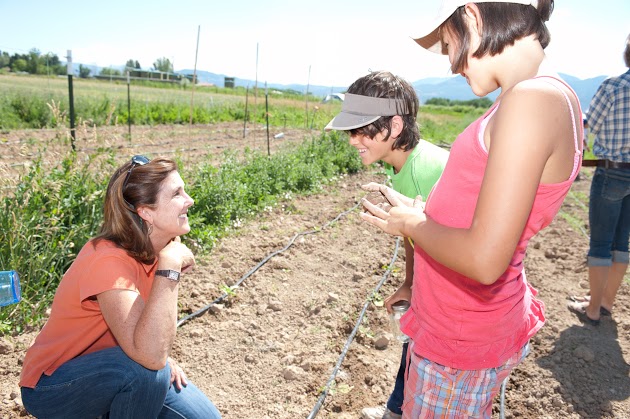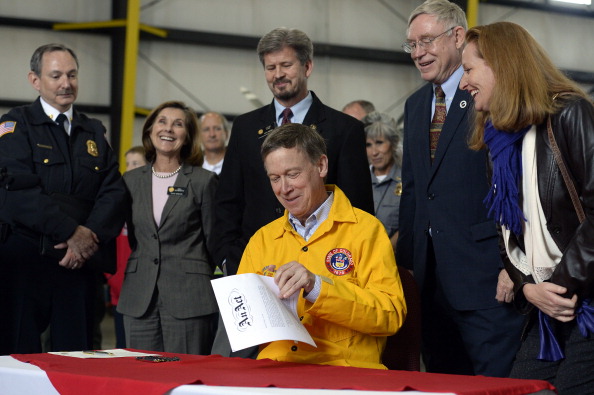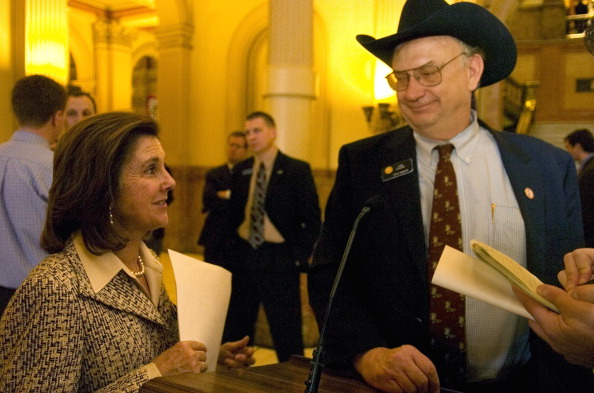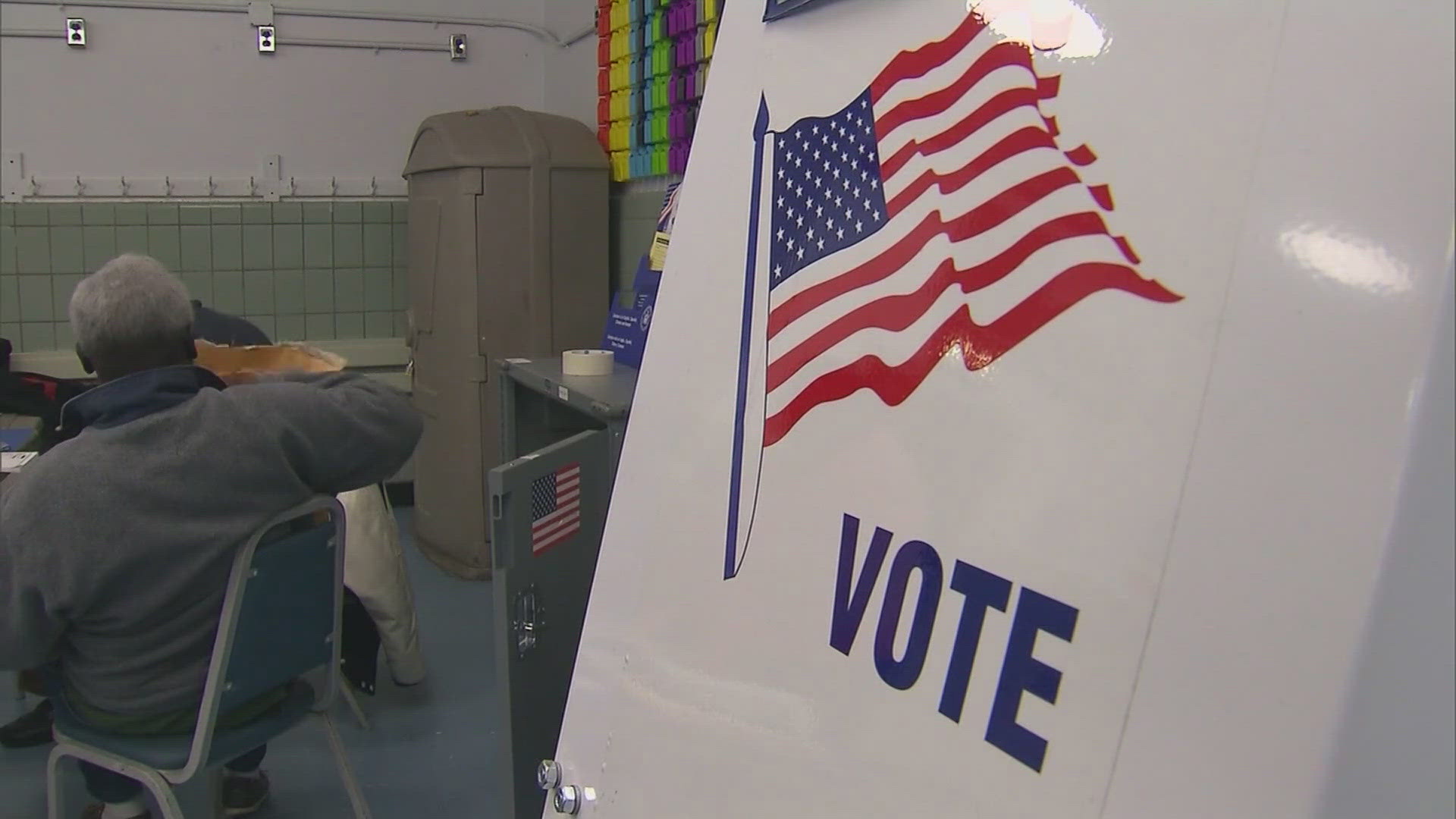Democrat Gail Schwartz is running against incumbent Republican Scott Tipton for the U.S. House of Representatives in Colorado's 3rd congressional district (Aspen, Grand Junction, Alamosa, Craig, Pueblo and other areas). Schwartz previously served as a representative in the Colorado State Senate for the 5th district for two terms.
Schwartz represented Aspen, Crested Butte and Gunnison in the Colorado State Senate. (Find your district)
1) Which candidate do you support in the presidential race and why?
I support Secretary Clinton. She is clearly the most qualified candidate in the race.
2) Why did you decide to go in to politics?
Early on, I got involved in my community working with housing, schools, hospitals, and hospice care on various issues. I realized through this work that it was possible to make a positive difference in people's lives. A small group can get great things done, but it often takes action at higher levels to bring about larger-scale improvements. I wanted to perform this type of service, and it’s been tremendously rewarding to see the results of my efforts.

3) On balance, is the Affordable Care Act working? Please describe what (if any) changes you would make to the nation’s healthcare system if you had the power to enact a plan.
The Affordable Care Act, on balance, has led to important advances, including making sure people can get coverage even with a pre-existing condition, and the ACA has made coverage possible for 25 million Americans. We need to address the ability for people in rural Colorado to access affordable health care as certain regions in Colorado have higher costs than others. There are several issues that deserve our full attention including: controlling the cost of care, the cost of prescriptions drugs, the cost of insurance in noncompetitive areas and a public option.

4) Please describe a time when you found common ground with a political opponent.
I sponsored a bill in the state legislature to support Homelake Veterans Home with Lewis Entz--the Senator I ran against! In the State Senate, I found common ground with members of the other party often, because most issues that can affect people’s daily lives don’t have to be partisan. Not being a Front Range legislator, I worked across the aisle on rural issues such as water, agriculture, habitat conservation, and industrial hemp, to name a few.
5) What should be the role (if anything) of government in reducing gun violence?
I support the 2nd Amendment and the right of law-abiding citizens to own a gun. We should do our best to make sure convicted felons and terrorists aren’t able to buy guns. The state of Colorado requires background checks for private and online sales, and it is common sense we have a similar law at the federal level.

6) What should the minimum wage be?
It depends on whether we’re politically able to change the minimum at the federal level, or if we have to move state by state. The current Colorado ballot proposal is to move incrementally from $8.31 today to $12.00 by 2020 which seems like a logical approach. I’d favor keeping increases incremental which may be possible at the federal level.
7) When (if ever) is threatening a government shutdown an acceptable strategy?
I don’t believe threatening a government shutdown is a responsible action. People depend on normal federal operations for so many things, and we saw some of the disruptions in 2013 when there was a shutdown. National parks and other facilities were closed, federal workers lost paychecks, and the nation’s overall economy took a hit.
8) Should local governments be allowed to place restrictions, moratoriums and bans on fracking?
Although the Constitution prevents local control of Oil and Gas operations, there should be an inclusive public process and strong science in support of local decisions. Fracking is an industrial activity that is not appropriate everywhere, especially if it’s too close to homes or schools or impacts air or water quality.

9) If you could make one change to the tax law, what would it be and why?
In general, we need to help workers keep more of their paychecks by making sure there is tax rate fairness between working Americans and wealthy individuals or corporations. Identifying one change to fix this will be complex, but one example could be to move toward greater equality between capital gains tax rates and income tax rates. Working Americans are less likely to rely on income from investments, and more likely to live paycheck to paycheck than someone with a large stock portfolio. We need to keep money in the pockets of working Americans, and this change would help us meet that goal.
10) What should be done to address the rift between minority communities and police in this country?
We need increased community outreach and dialogue so citizens and police alike can better understand each other as humans, not as adversaries.


